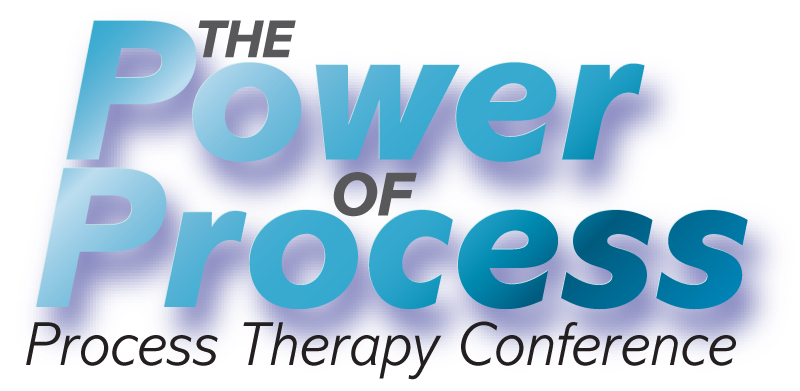
“The Power of Process” Conference
A gathering of PTI alumni and friends to share experiences, ideas, and insights on how the process model fits within various therapeutic settings. Keep abreast of the changes in the process model and network with other psychotherapists who share a passion for experiential, present-moment-centered psychotherapy.
Agenda
Friday May 4
Welcome Reception/Registration 6:00 – 8:00 p.m.
Padmin Nagaraj, Conference Chair
Saturday May 5
Session 1 8:30 a.m. – Noon
Navigating Grief Through Process (Panel)
We have found our use of the Process Model to be exceptionally powerful in our work helping clients navigate their unique journeys through grief and loss. For our clients, the model offers a safe and loving containment for them to honor, explore, and normalize their emotions, reactions, and experiences. For therapist, the model offers a foundation and the freedom to utilize the art and science from a variety of different research, theories, techniques, an individual culture and spiritual practices. (1.5 CEUs)
Beth Carmack, Janet Henderson, Julia Mudarri.
Break
Learning to Hear the Music so You Can Help Couples Change Their Dance
If a couple’s actions are a dance, their underlying process is the music shaping their steps.
Learn how to recognize the couple’s process as it gets acted out in the room know which emotions to highlight and which emotions to calm create invitations that move couples from their reactive response to their deeper emotions
This workshop blends process therapy with the research informed approach emphasizing attachment and primary emotions offered by Emotionally Focus Therapy. (1.5 CEUs)
Luncheon Noon – 1:30 p.m.
Session 2 1:30 – 5:00 p.m.
Kids, Gender, Sex… Afraid Much? Using Process Therapy to Penetrate Taboo Topics
This presentation combines Sex Education techniques and info with role play opportunities and group debriefs to give attendees a contained & supportive environment to experience somewhat anxiety-producing, potentially uncomfortable, and possibly unpleasant scenarios. Scenarios involve working with children and youth whose distress and therapeutic need for help stems from their exploration of, expectations about, and discovered identity as related to gender, sexuality, and love & romance. We will explore developmental norms, socialized taboos/stigmas, common and outlier questions, and our own biases that can generate intense countertransference. (1.5 CEUs)
Break
The importance of Allowance in the Process Model
The flow of connection to yourself and your client is essential in inviting a therapeutic setting. When that flow is broken, the quality of therapy diminishes. The way to return to flow is to identify the disturbance that blocks the flow. Once the block has been identified, it can be transcended. To do this, allowance has to occur. This presentation will discuss, demonstrate, and invite participation in the concepts and techniques of allowing. Through allowing we can return to flow. (1.5 CEUs)
Evening Reception 5:00 – 7:00 p.m.
Sunday May 6
Session 3 9:00 a.m. – 12:30 p.m.
Getting to Acceptance: Addiction Assessment from a Process Orientation (Panel)
Using psychoeducation, Q&A, and experiential exercises to illustrate how to work with clients who are struggling with addiction or abuse of addictive substances. Topics covered:
- Who would be a good candidate for process model, who would not, and why.
- Assessment is important. Tools for determining if client is available for process work
- Consideration for multiple complementary services and why this might be important. The team approach can be beneficial for both therapist and client.
- Develop an understanding of recovery culture and the population.
- Fostering a parallel process for couples and families.
- Experiential exercises.
This workshop is being conceptualized as a combo panel discussion and exercises. (1.5 CEUs)
Break
Exploring Fearlessness
This presentation will explore ways therapists feel our own fear in the room, and how to work with our countertransference. We often see clients in our office who are struggling with unresolved trauma, and we as therapists often fear that somehow we’ll re-traumatize our clients. We will explore enactments that invite movement of the parallel processes happening in the room. Let’s explore our own resistance and cultivate fearlessness while finding ways to return to our sense of freedom and creativity as therapists. (1.5 CEUs)